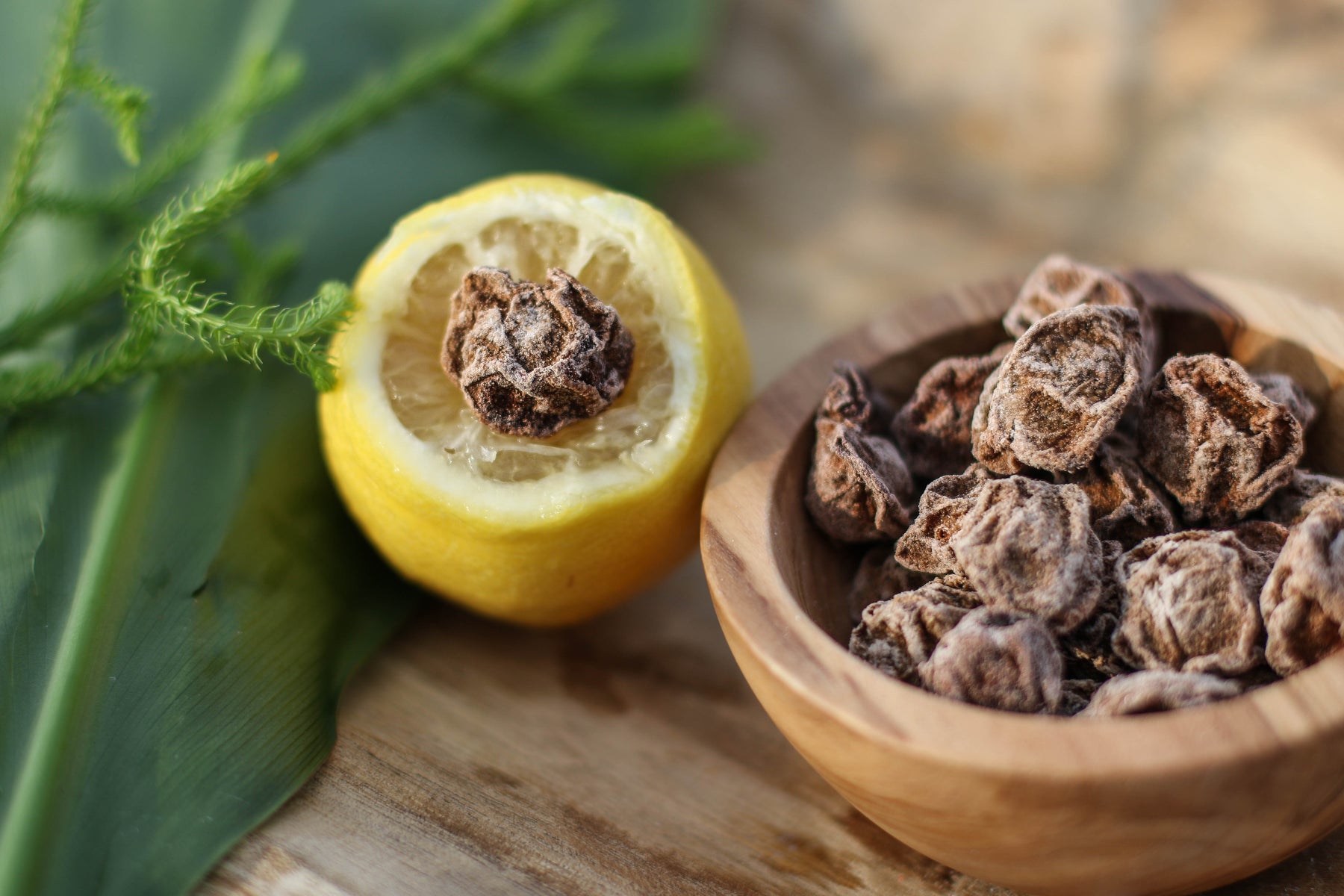
The History of Crack Seed in Hawaii

Hawaiian crack is of the seed variety. It's the original finger licking good snack and our entire state is obsessed with it. Just the mention of Hawaiian crack seed is enough to cause our mouths to water and our lips to pucker.
So just how did Hawaiians become obsessed with salty, dried fruit from Asia? Well, it all goes back to early immigrants who came to Hawaii to work in the pineapple and sugar plantations. Workers from China, Japan, the Philippines, and other places brought their traditional foods with them. As time went on recipes changed and foods like manapua, sushi, and pansit became "local."
Li Hing Mui was brought to the islands by Chinese immigrants from Zhongshan, China. Li hing mui (旅行梅) means "traveling plum," which makes sense since dried, preserved fruits are great for taking on long trips, such as the journey across the Pacific Ocean these Chinese immigrants took to get here. Preserved seeds both last a long time and also can help replenish salt lost by sweat.
With such rich history and deep roots in Hawaiian culture, it’s no wonder crack seed has become a staple snack across the islands. But what is crack seed exactly?
What is Crack Seed?
Crack seed is a variety of preserved, dried fruits—often seeds or plums—that are flavored with salty, tangy, and sometimes sweet spices. Originally introduced to Hawaii by Chinese immigrants, crack seed is made by preserving fruit with salt, licorice, or sugar, creating a snack that’s both long-lasting and packed with bold flavors. The name “crack seed” refers to the traditional method of cracking the seed or pit of the fruit to allow the flavors to infuse deeply.
Over time, this tasty, snackable treat became a local favorite in Hawaii. The most popular variety, Li Hing Mui, is a salted plum with a unique balance of sweet, salty, and sour flavors that makes mouths water and lips pucker. Today, crack seed can be found all over Hawaii, from specialty stores to local snack shops, and it’s enjoyed by locals and visitors alike for its unforgettable flavor and nostalgic ties to Hawaii’s multicultural heritage.
Yick Lung was the first company to make Li Hing Mui a profitable commercial enterprise. They began importing preserved fruit, also known as See Mui, in bulk from China in the early 1900s. In order to appeal to local taste buds they would season the preserved plums with salt, licorice and other spices to create new types of seed snacks such as rock salt plum, sweet sour plum, and crack seed.
The term Crack Seed is now used throughout Hawaii to refer to all types of preserved fruit snacks. However, it is also a specific type of preserved plum with its actual pit or seed cracked open and marinated in a delicious sweet and sour sauce. You suck on the seed and eat the surrounding meat while licking your sticky red fingers. Mmmmmm.
Other popular types of crack seed include li hing flavored gummy bears, lemon peel, and seedless cherry. At first glance dried, shriveled fruit might not seem appealing, but please don't let that deter you from trying some of Hawaii's favorite snacks. We promise you they taste better than they look!





Comments
Leave a comment